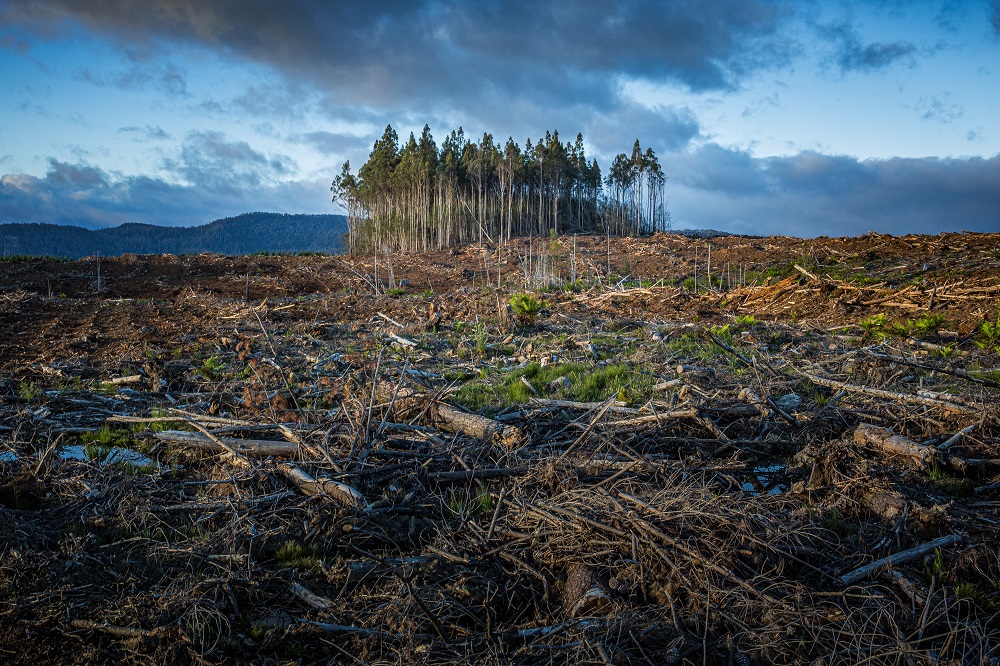The impact of climate change includes droughts, fires, and flooding—but it is also driving inflation, according to reports.
Treasury Secretary Janet Yellin recently noted that there have been five times as many “billion-dollar disasters” due to climate change in the previous five years as there were in the 1980s. “Climate change can manifest itself through an increase in acute, weather-related supply shocks … that can raise prices,” Yellin said.
The Hill reported earlier this month that the price of frozen concentrate orange juice increased by more than 5% in the immediate wake of Hurricane Ian, while California’s catastrophic drought is resulting in the poorest orange crop in 55 years.
According to The Hill, scientists warn that if we do nothing about climate change food prices will continue to climb.
The Environmental Protection Agency (EPA) has issued a warning about how climate change will affect food availability, agricultural productivity, and the way food is delivered.
“Spikes in food prices after extreme events are expected to be more frequent in the future,” EPA noted.
“The record-breaking dry spell, covering more than 40% of the continental U.S. for nearly two years,” is doing major financial harm to ranchers, with many fearing they may lose their business, according to the Washington Post. Due to restricted grazing options and unexpected early heat in Kansas this year, almost 2,000 cattle that had not yet shed their winter coats died.
Biotech offers mitigation
Developing livestock that can withstand high temperatures and lowering greenhouse gas emissions over time, using low-carbon biofuels, are just two ways that biotechnology might assist farmers in adapting.
Additionally, gene-edited trees and bacteria may absorb extra carbon from the air, while gene-edited produce can help food remain fresher for longer and minimize food waste.
As BIO explained in a recent letter to President Biden, these scientific solutions require policy backing.
“There’s not a silver bullet to reducing greenhouse gas emissions or climate change. It’s going to be a continuous process, and our companies are constantly developing new products that need to find their way to the market, so we need to make sure that our regulatory system also fosters that,” BIO’s Erick Lutt told Bio.News.




